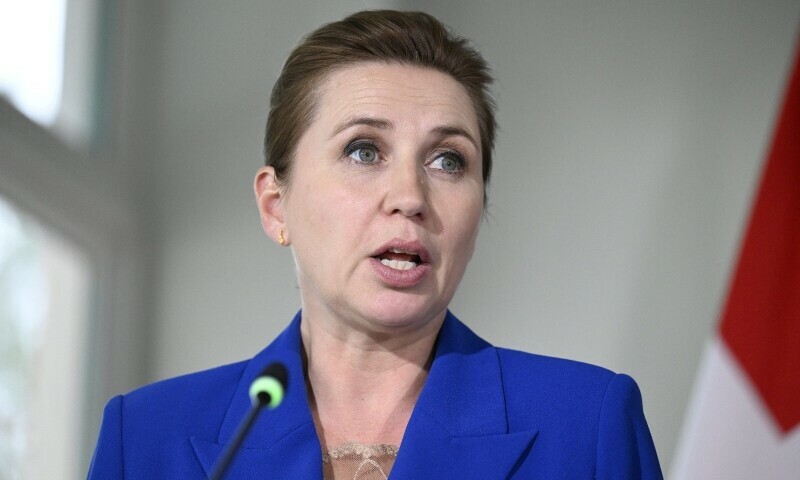Pakistan, June 6 — COPENHAGEN – Danish Prime Minister Mette Frederiksen announced on Thursday that her government plans to extend the country’s existing ban on full-face Islamic veils to include schools and universities. This move would widen the scope of Denmark’s 2018 public veil ban, which already prohibits garments like the burqa and niqab in public spaces, with violators facing fines. Frederiksen emphasized that while individuals have the right to their faith, democratic principles must take precedence over religious practices, especially within educational institutions.
In addition to expanding the veil ban, Frederiksen voiced her desire to eliminate prayer rooms from universities, though she stopped short of proposing a formal ban. According to her, these spaces are sometimes used as tools for “social control and oppression,” particularly targeting female students. She stressed that her administration would begin discussions with university leaders to remove these prayer rooms. “This is not a matter of debate anymore,” she stated firmly. “We have decided that we do not want them, because they can contribute to the suppression of women-and possibly even men.”
Despite not knowing how widespread the issue is, Frederiksen insisted that it’s not about numbers but about values. “I am not just the Prime Minister of Denmark,” she said. “I am also a woman. I cannot and will not tolerate any form of female oppression in our society.” Her remarks indicate a firm political stance against what she perceives as practices that clash with Denmark’s democratic and gender equality principles, even if it stirs controversy.
The proposed expansion has sparked renewed criticism from human rights organizations and religious freedom advocates. They argue that banning religious garments and restricting prayer spaces violates basic rights, particularly freedom of religion and individual choice. Many also view it as a direct attack on Muslim women, limiting their right to express their identity and beliefs. Religious groups have previously condemned the 2018 ban for the same reasons, labeling it as discriminatory and exclusionary.
On the other hand, supporters of the measure argue that it helps immigrant Muslim communities better integrate into Danish society. They claim that removing visible symbols of religious separation, such as full-face veils, allows for greater social cohesion and equal opportunities, especially for young women in academic environments. However, critics fear that the state’s increasing involvement in personal religious choices may push Muslim communities further into isolation rather than fostering inclusion.
As the debate heats up, Frederiksen’s government now faces the challenge of navigating both political pressure and legal questions over individual freedoms. Whether these proposals will become law remains uncertain, but they have undoubtedly reignited one of Denmark’s most polarizing social discussions-one that weighs religious freedom against national identity and democratic values.







